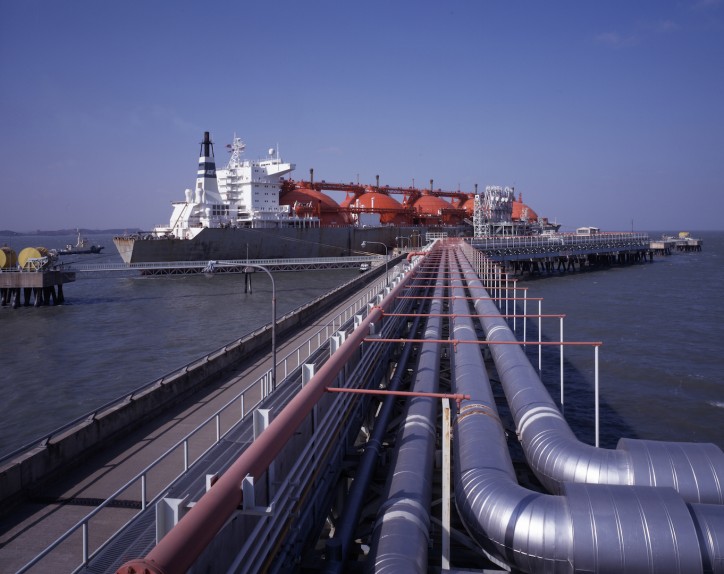In order to support the domestic shipbuilding and shipping businesses, which have been under severe restructurings, Korea Gas Corporation (KOGAS) is planning to place an order for liquefied natural gas (LNG) carriers and promote domestic major ports as a LNG hub in Northeast Asia by establishing LNG bunkering infrastructure at the ports, which show a growing demand due to global environment regulations.
A KOGAS spokesperson said on November 29, “We will order two LNG carriers plying between the Tongyeong station and the Aewol station in Jeju in the first half of next year. We will also work on pilot projects to convert two Busan city’s vessels into LNG carriers by the end of February next year.”

The reason why KOGAS pushes forward LNG carrier-related projects is to comply with global environment regulations and create new markets by promoting the relevant industry at the same time. The Marine Environment Protection Committee (MEPC) of the International Maritime Organization (IMO) has recently decided that shipping by the year 2020 shall reduce the proportion of sulphur content in marine fuel from the current 3.5 percent to 0.5 percent. Accordingly, all the ships sailing on the sea are required to change its fuels to LNG which emits less air pollutants than existing bunker C oil from 2020. Therefore, ship owners are expected to increase the number of LNG-fueled ships in a bid to abide by the regulations. Currently, firms in Europe, the U.S., and Singapore are adopting more LNG-powered vessels. On the other hand, Korea has only one LNG-powered ship.]
Under the circumstances, state-owned KOGAS will be able to help Korea’s shipbuilding and shipping industry that is undergoing a restructuring program when it places an order for LNG carriers of public offices. At an early stage when the LNG ship market starts growing, private firms can be reluctant to place an order due to a burden of construction costs and lack of infrastructure. When KOGAS orders LNG ships, it can create a market and lighten the burden of domestic shipbuilding and shipping businesses.
In order to expand the LNG ship market, the related infrastructure needs to be expanded as well. On this account, the government plans to create the market worth US$450 million (528.08 billion won) annually by providing bunkering services at domestic major ports in the medium and long term. KOGAS will play a pivotal role in expanding the LNG bunkering project. KOGAS formed an LNG bunkering consultative group with 21 private and public firms in May 2012. It is also jointly making an effort to revise the related law with the domestic industry so that they can be offered LNG fuel injection services at ports. In addition, KOGAS is carrying out a project to build LNG bunkering infrastructure at the Tongyeong station by the end of 2019.
A KOGAS spokesperson said, “For LNG ship orders, we will consider the participation of domestic ship owners and shipping yards first for the domestic shipping and shipbuilding industry. We will preemptively establish infrastructure so that we can be ahead of the competition to become the LNG hub in Northeast Asia with China and Japan.”
Source: Business Korea